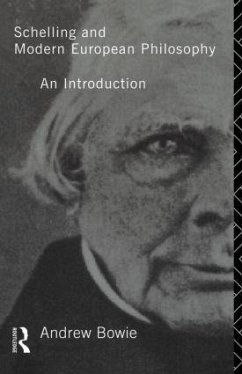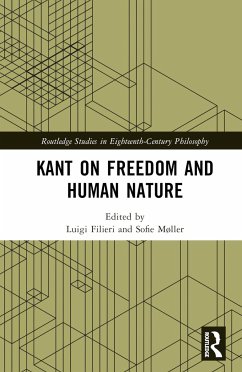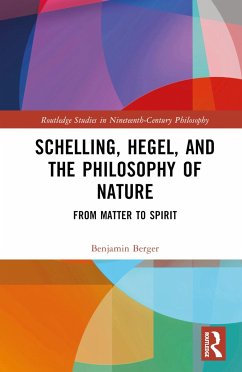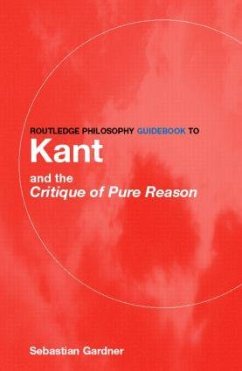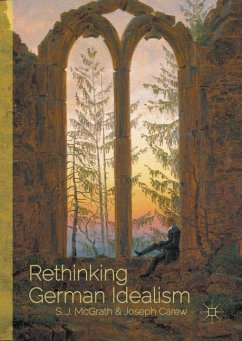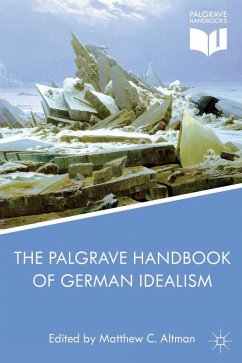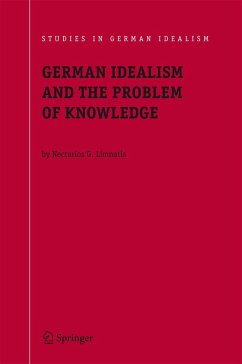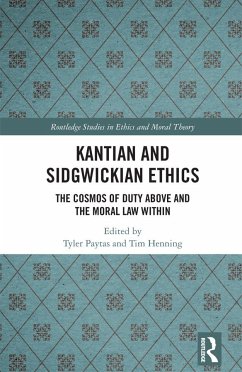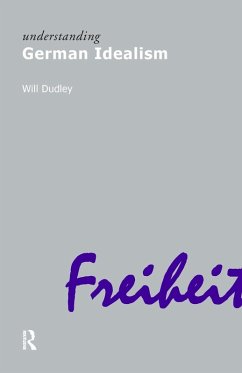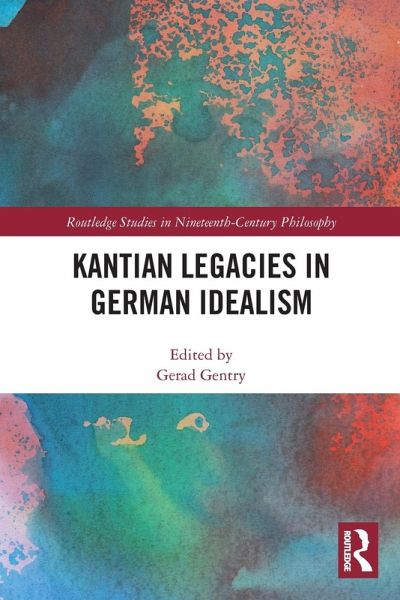
Kantian Legacies in German Idealism
Versandkostenfrei!
Versandfertig in 6-10 Tagen
40,99 €
inkl. MwSt.

PAYBACK Punkte
20 °P sammeln!
Scholarship on Immanuel Kant and the German Idealists often attends to the points of divergence. While differences are vital, this volume does the opposite, offering a close inspection of some of the key Kantian concepts that are embraced and retained by the Idealists. It does this by bringing together an original set of critical reflections on the role that the German Idealists ascribe to fundamental Kantian ideas and insights within their own systems. A central motivation for this volume is to resist reductive accounts of the complex relationship between German Idealism and Kant's Idealism t...
Scholarship on Immanuel Kant and the German Idealists often attends to the points of divergence. While differences are vital, this volume does the opposite, offering a close inspection of some of the key Kantian concepts that are embraced and retained by the Idealists. It does this by bringing together an original set of critical reflections on the role that the German Idealists ascribe to fundamental Kantian ideas and insights within their own systems. A central motivation for this volume is to resist reductive accounts of the complex relationship between German Idealism and Kant's Idealism through a study of the inheritance of Kant's legacy in German Idealism. As such, this volume contributes to new interpretations and rethinking of traditional accounts in light of these reflections on some of the significant components of German Idealism that can defensibly be called Kantian. The contributors to this volume are Dina Emundts, Eckart Förster, Gerad Gentry, Johannes Haag, Dean Moyar, Lydia Moland, Dalia Nassar, Karin Nisenbaum, Anne Pollok, and Nicholas Stang.





